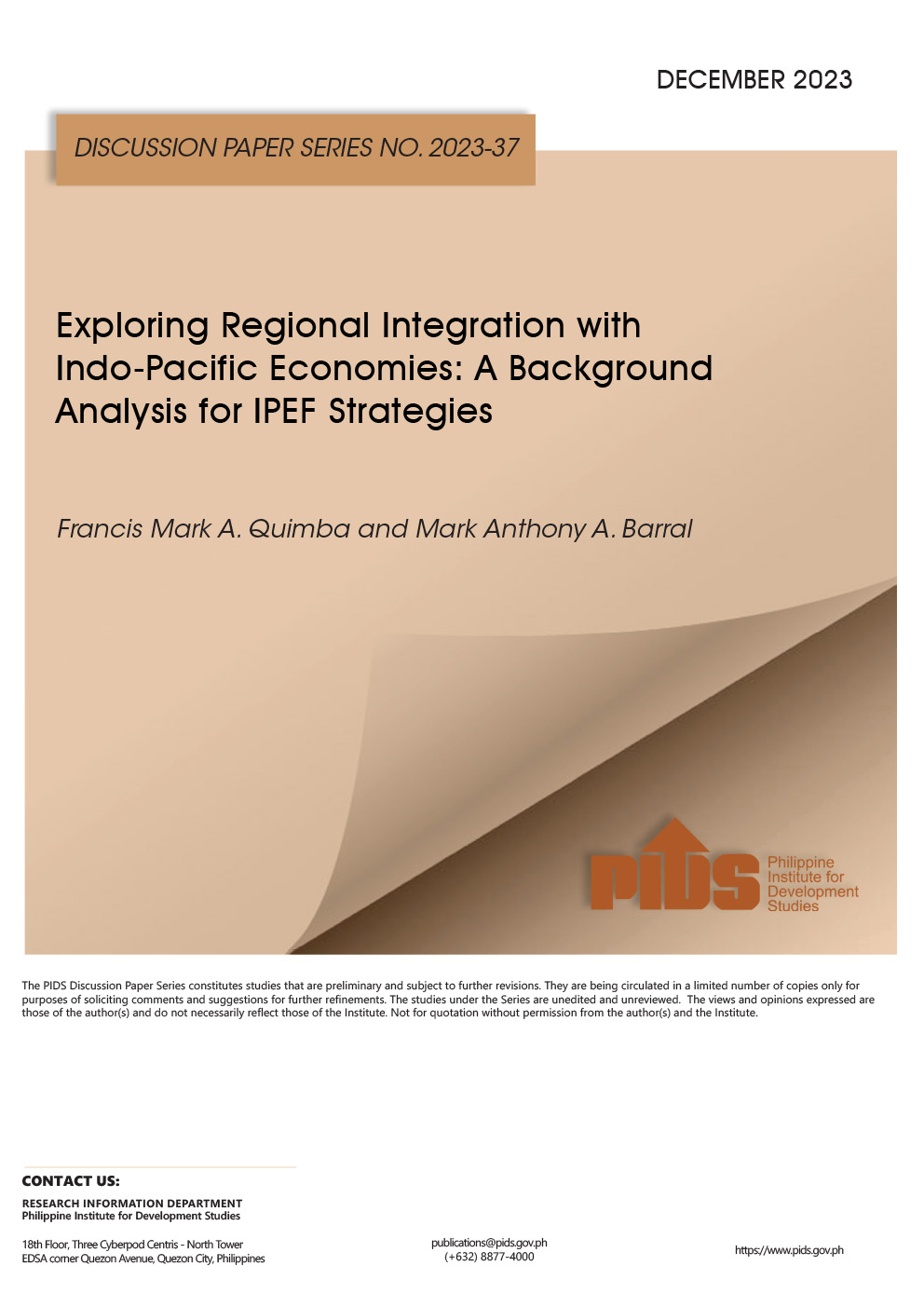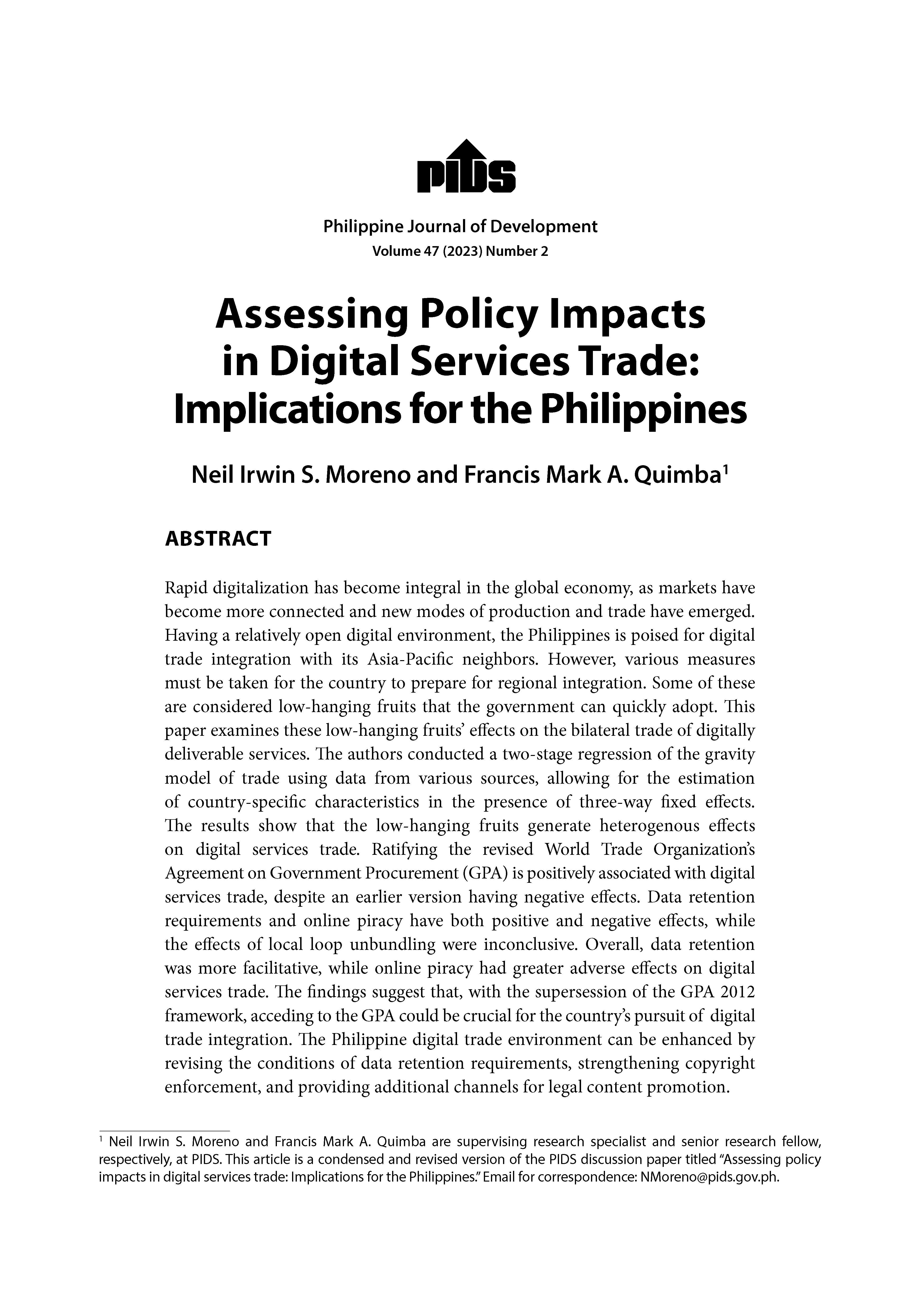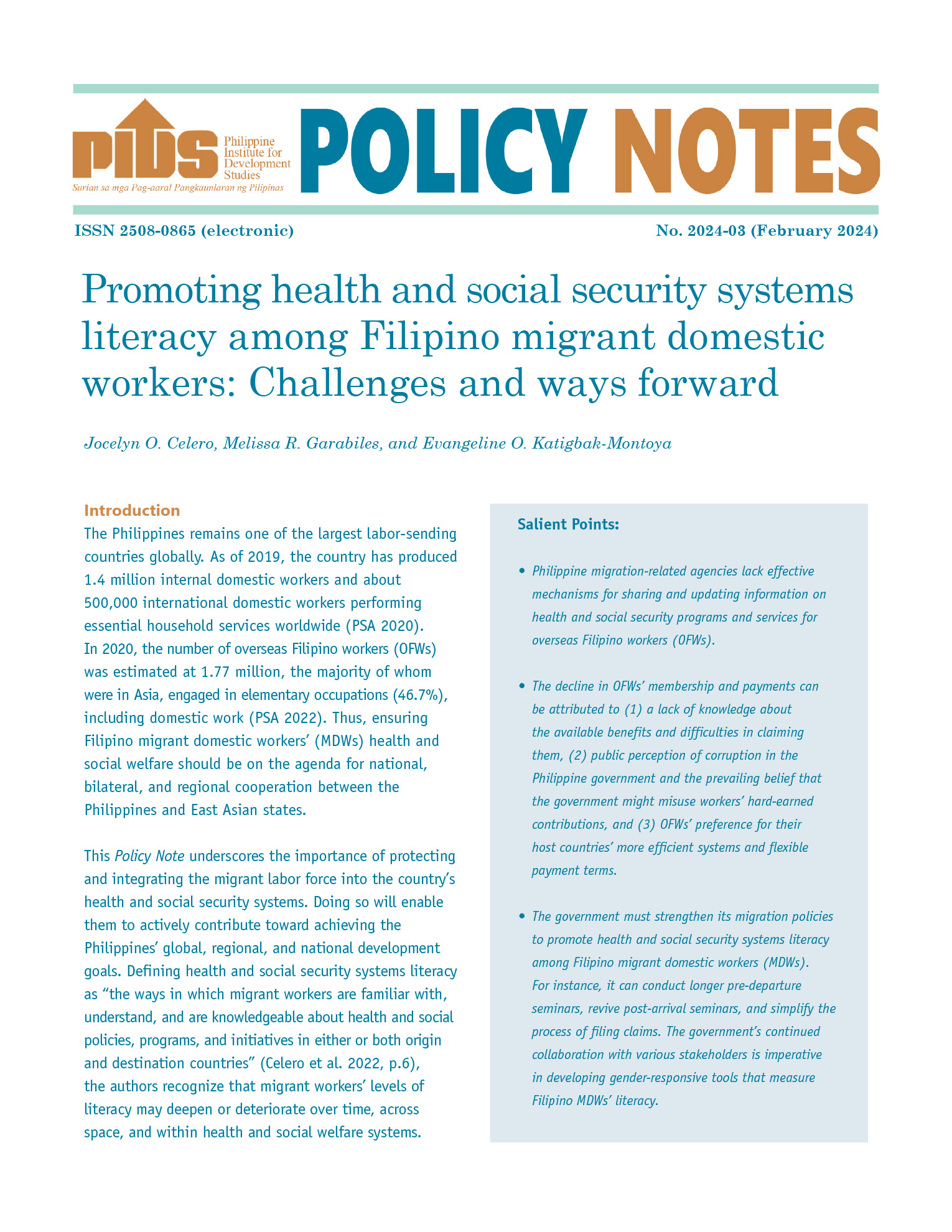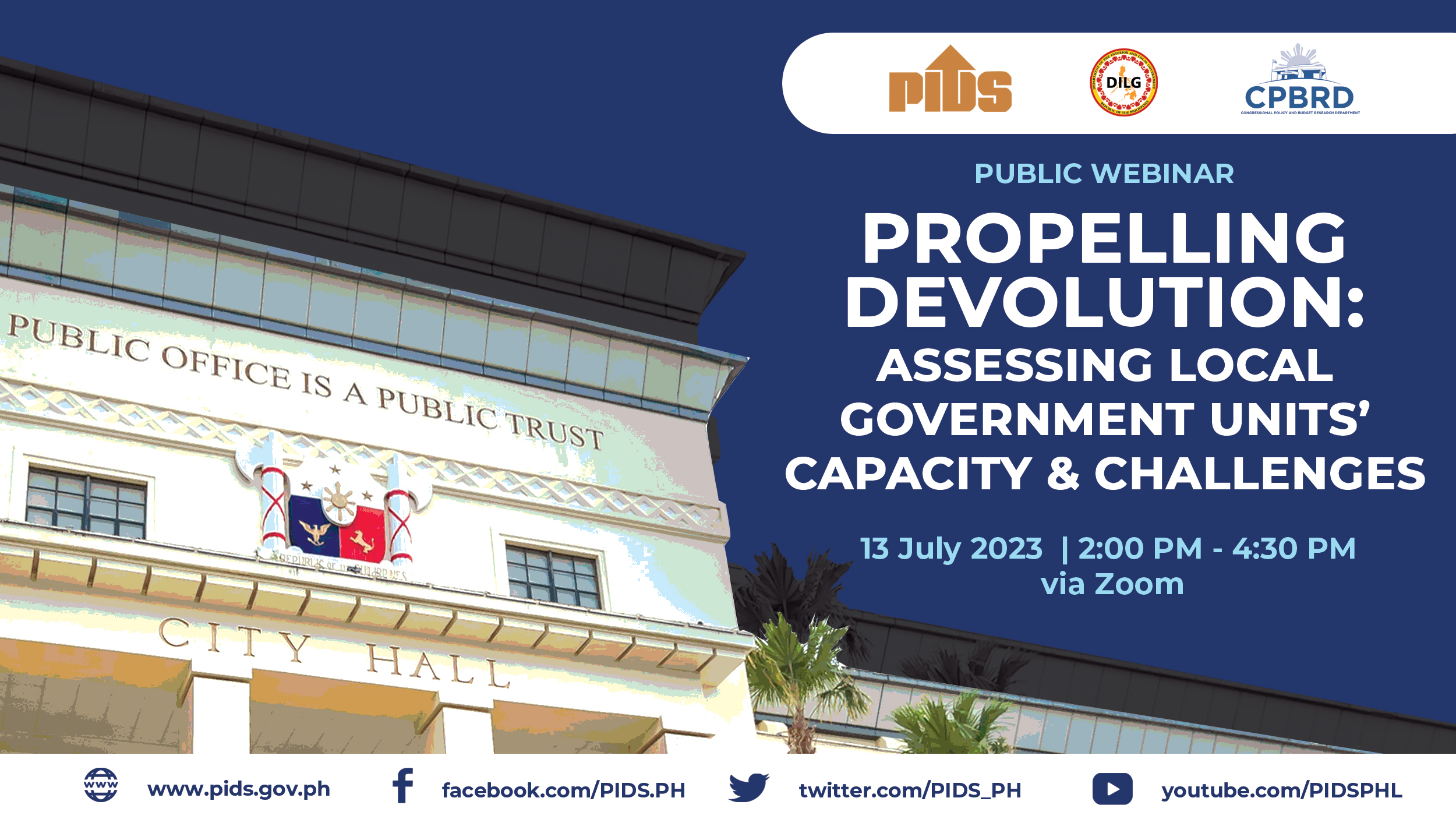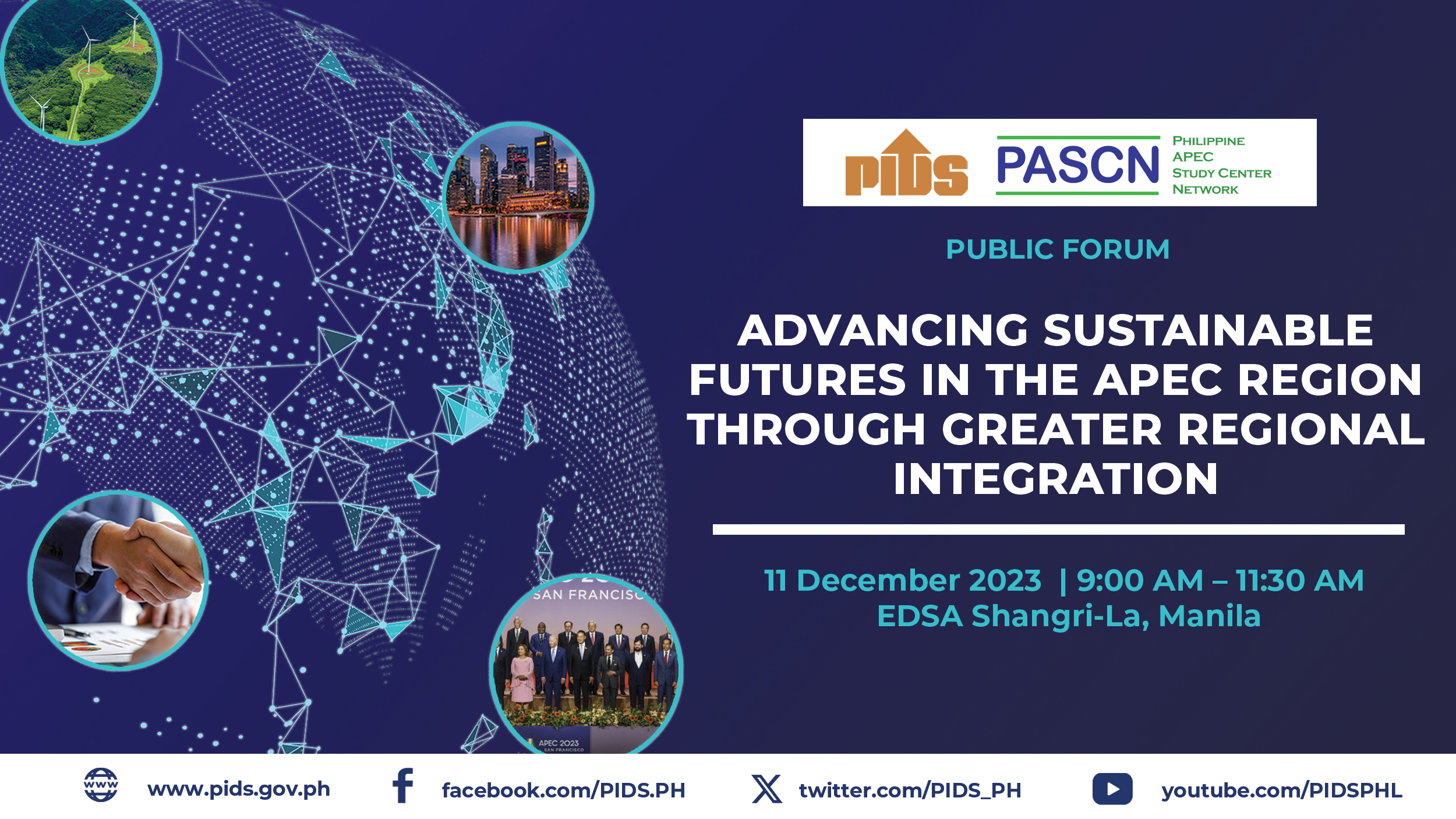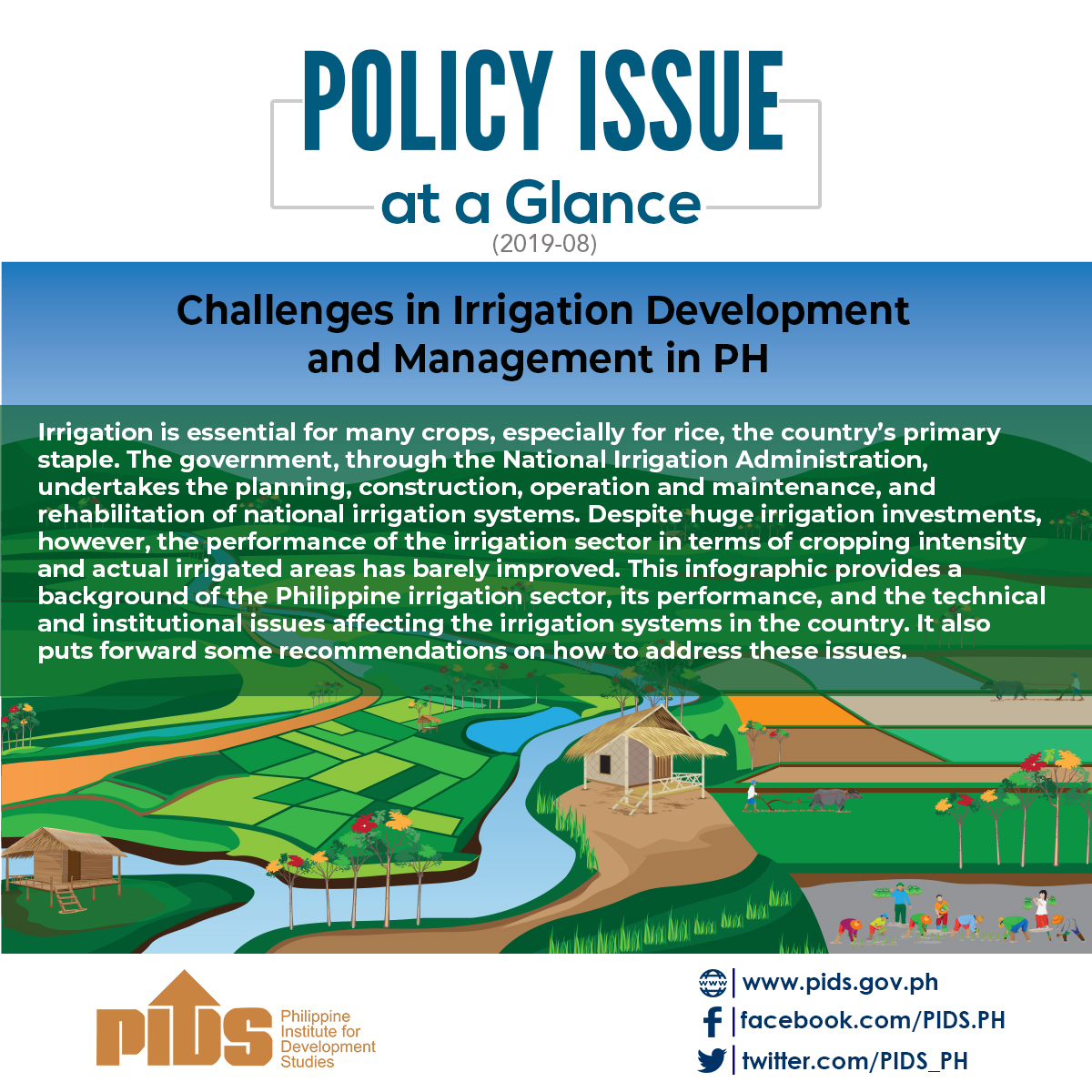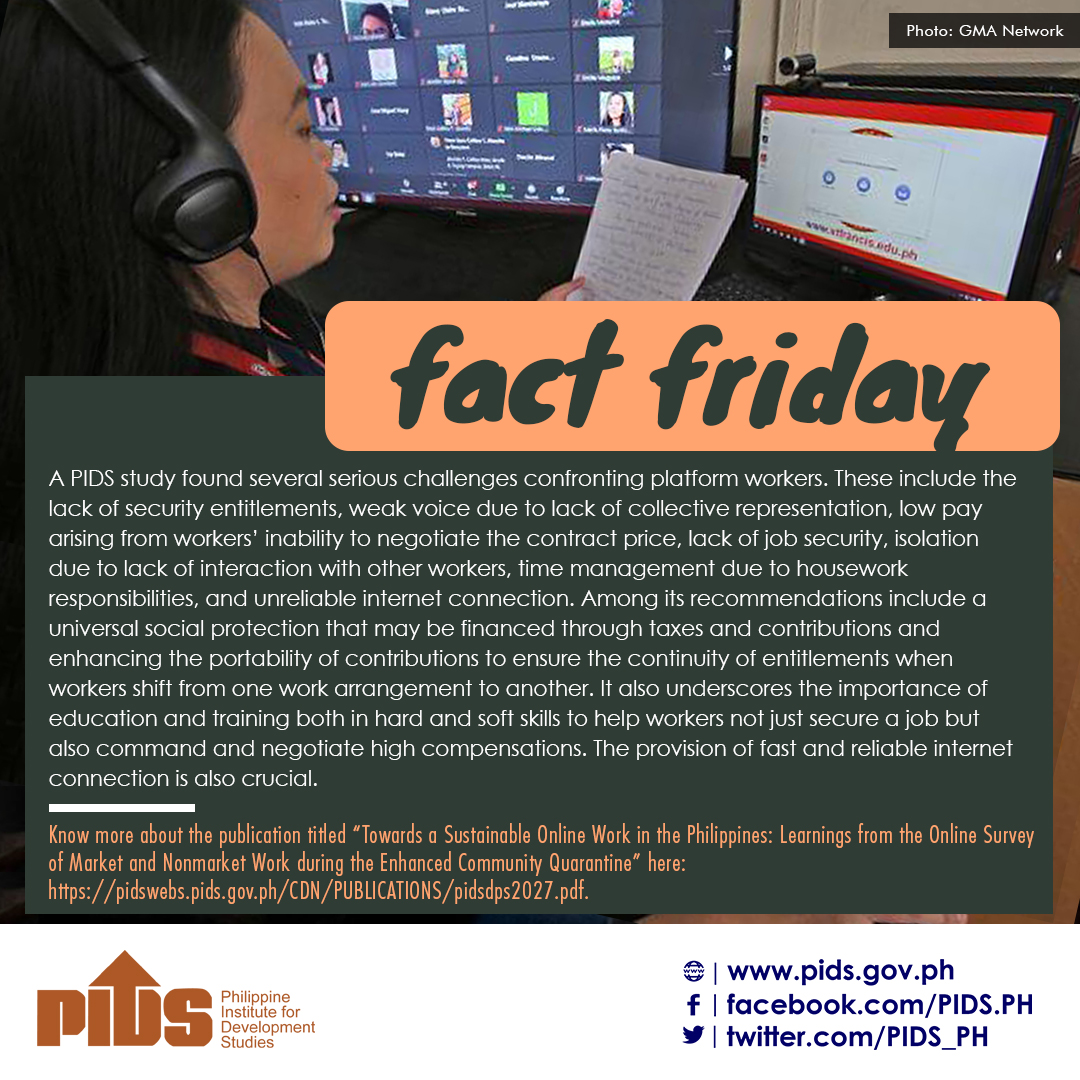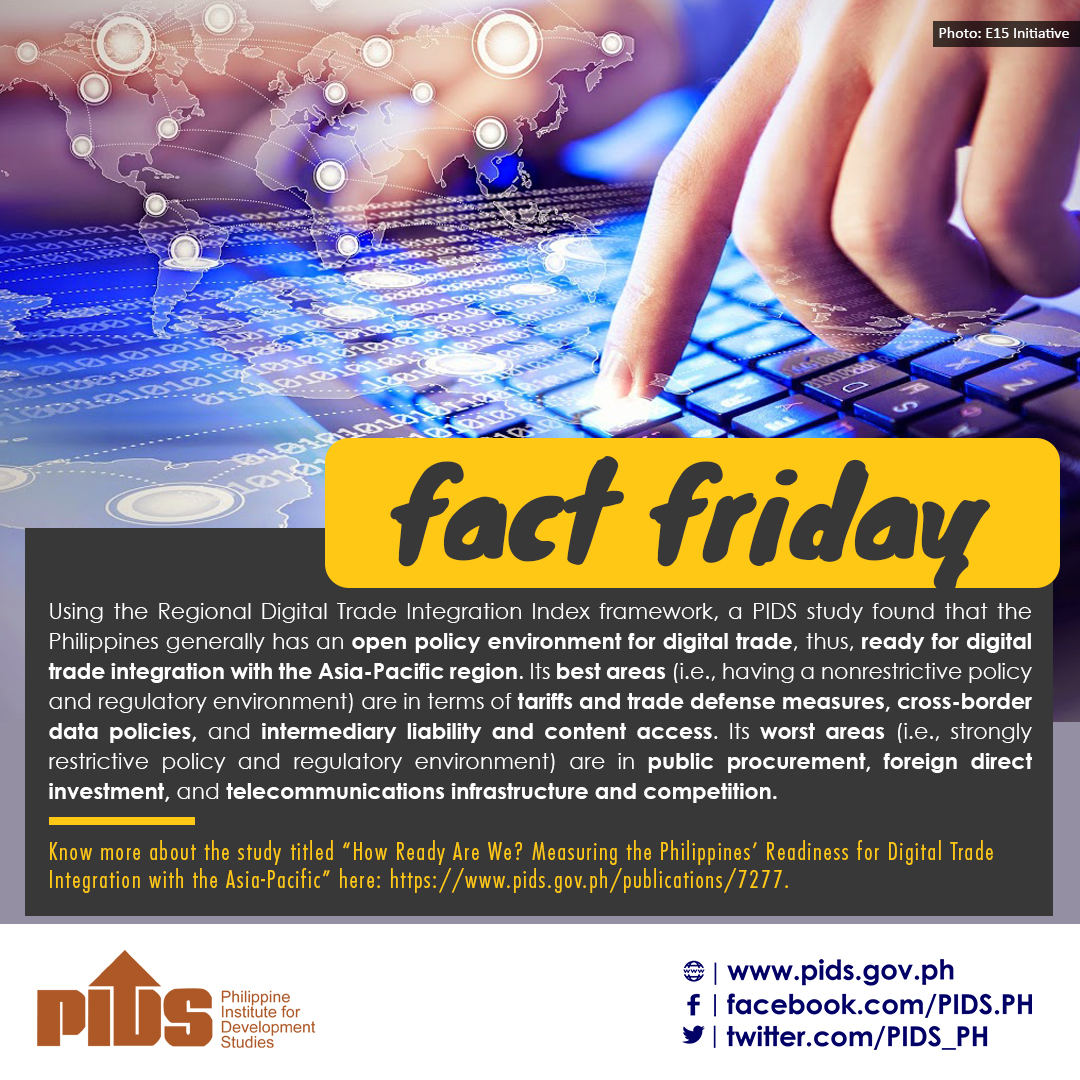SINGAPORE -- Both the public and private sectors have to address certain challenges to maximize the Association of Southeast Asian Nations’ (ASEAN) investment potential in light of next year’s planned economic integration.
Speakers during the Invest ASEAN 2014 Conference held at The Fullerton Hotel acknowledged the region’s vast potential and urged global investors to take advantage of opportunities.
"The commissioning of the ASEAN economic community will put us in a prime position but there is still much more to do before the 2015 deadline,” said Datuk Abdul Farid Alias, Maybank Group president and chief executive, during the Maybank Kim Eng-organized conference.
He noted the need for closer coordination among ASEAN members the Philippines, Brunei, Cambodia, Indonesia, Malaysia, Thailand, Singapore, Myanmar, Vietnam and Laos.
"Our aim is to enhance awareness and understanding of the investment potential in the region. With Maybank Kim Eng achieving ASEAN’s highest market trade value in 2013, we believe we are in a unique position to inspire global investors with distinctive ideas and insights to realize greater value from investing here,” Mr. Alias claimed.
But in order to utilize the region’s potential, speakers during the forum cited challenges that have to be addressed ahead of next year’s integration.
Datuk Paul Low Seng Kuan of the Malaysian Prime Minister’s Department said governance had a critical role to play as it would address demand for inclusive wealth distribution and the issue of corruption.
"I think there is a realization that something has to be done. If you are trying to rationalize the economy, we don’t only rationalize the fiscal policy, we rationalize governance as well to bridge the gap between the rural and the urban, and the rich and the poor,” Mr. Low said.
Kishore Mahbubani, dean and professor in the Practice of Public Policy in the National University of Singapore, said the biggest issue was whether political leaders had the requisite will.
"[W]e need good governance so that we can pull in whatever reforms are necessary. With good political and economic structure, we can have a system that can sustain itself,” he said.
Good corporate governance is also necessary to bring in investors to the ASEAN region, speakers said.
"If we get the trust of investors, rest assured we will see a lot more investors coming along the way. Transparency and openness will always be more attractive to investors in the region,” said Magnus Bocker, Singapore Exchange chief executive officer.
He also cited the need to invest in infrastructure, healthcare, energy, sanitation, transportation and telecommunications which would require the help of the private sector.
Supachai Panitchpakdi, former World Trade Organization secretary general, said ASEAN countries also needed to have "basic social transformation”.
Mr. Panitchpakdi noted that countries have to do better with regard to social protection, tariff reduction, intellectual copyright protection and the resolution of disputes.
Daniel Altman, founder of North Yard Economics, expressed optimism in achieving the ASEAN economic development story with the help of human capital and infrastructure.
"The next generations of workers will be quite different. They will have better access to technology, there will be increase in productivity and eventually, increase in income,” Mr. Altman said.
The need for infrastructure was reiterated by Josef T. Yap, former president of the Philippine Institute of Development Studies.
Mr. Yap said the vision for the ASEAN Economic Community must be made "more feasible and economical” by focusing on practical measures that will improve physical connectivity.
"In the Philippines, we have embarked on this public-private partnership program with the hope to accelerate infrastructure development in gearing up for ASEAN integration,” Mr. Yap noted.//

